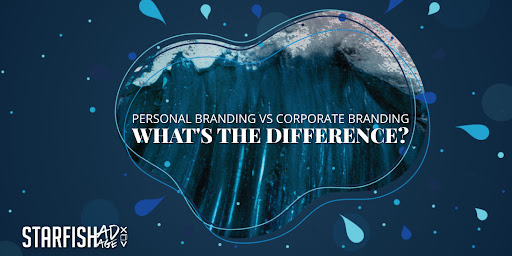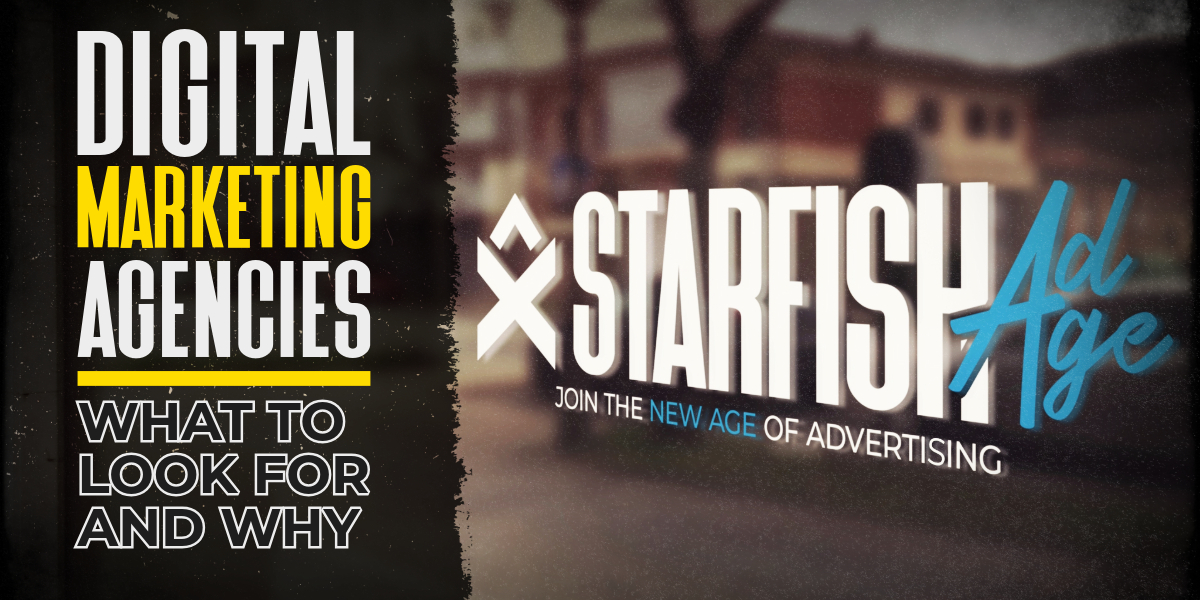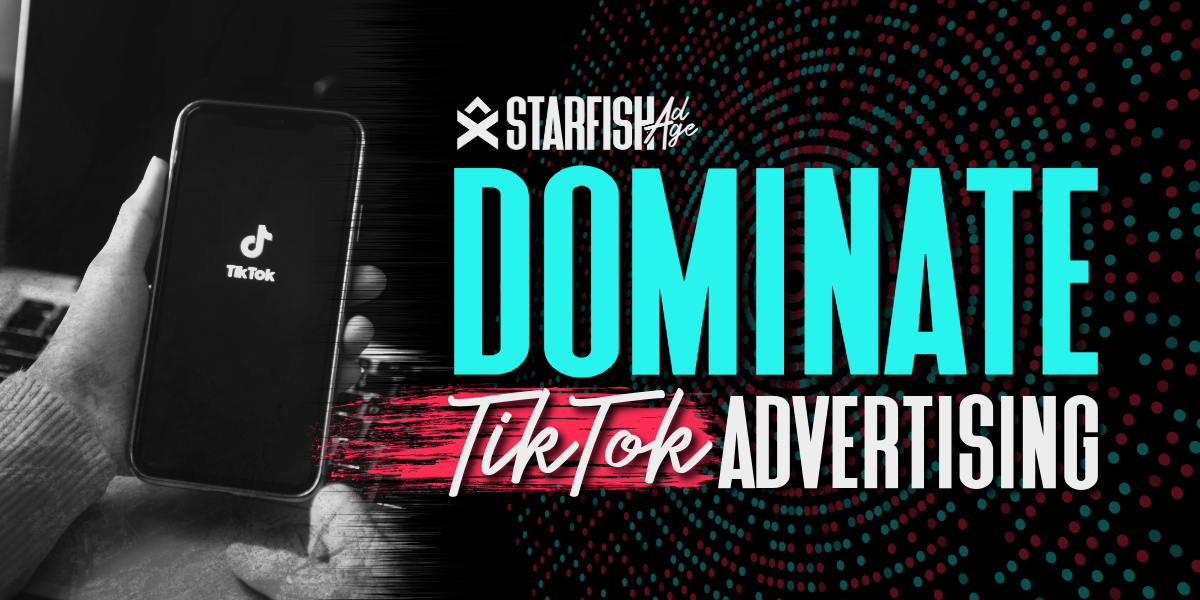
What Are The Different Digital Marketing Services?
Learn about SEO, PPC, social media marketing, content marketing, and more to drive traffic and conversions. Read now!

Are you looking to create a persona or image for yourself or your business? If so, you’re not alone. In today’s digital age, having a strong personal and corporate branding strategy is essential for success. Personal branding is about creating an identity that reflects who you are and what you stand for, while corporate branding is about creating a brand image that builds trust with potential customers. Here’s what you need to know to develop an effective branding strategy.
Personal branding is all about you. It’s about building a unique identity that showcases your qualifications, experiences, and qualities as an authority in your field. Your personal brand should reflect your values and what you stand for. To develop a strong personal brand, you need to create quality content that demonstrates your expertise, use a consistent tone of voice, and engage with your audience on social media.
Your content should be informative, engaging, and showcase your expertise. This can be achieved through blog posts, articles, videos, and social media posts. Your content should reflect your unique perspective, and be tailored to your target audience. By creating content that resonates with your audience, you can establish yourself as an authority in your field.
Your tone of voice should be consistent across all platforms, from your website to your social media profiles. This consistency helps to build trust with your audience and create a recognizable brand identity. Your tone of voice should reflect your personality and values and be tailored to your target audience.
Responding to comments and messages, participating in online discussions, and sharing content that resonates with your audience are all ways to engage with them. By building relationships with your audience, you can establish yourself as an authority in your field and build a loyal following.
It should encompass the company’s values and messaging and be consistent across all touchpoints. To develop a strong corporate brand, you need to develop a cohesive strategy that builds trust and brand recognition.
Your visual identity includes your logo, color scheme, and overall design aesthetic. Your visual identity should reflect your company’s values and mission, and be consistent across all touchpoints. A strong visual identity helps to build brand recognition and creates a memorable brand image.
Your messaging should be clear, concise, and reflect your company’s values and mission. Your messaging should be tailored to your target audience and resonate with them. By developing compelling messaging, you can establish your brand as a leader in your industry.
Your brand should be consistent across all touchpoints, from your website to your social media profiles. This consistency helps build trust with potential customers and creates a recognizable brand identity. By ensuring consistency across all touchpoints, you can establish your brand as a leader in your industry.
Personal branding should reflect who you are and your values, while corporate branding should be aligned with the company’s mission and products or services it offers. By establishing a strong personal and corporate brand, individuals and businesses can stand out from their competitors and be seen as leaders in their respective fields.
To develop a strong personal or corporate brand, you need to focus on authenticity, quality content, consistent messaging, and engaging with your audience. By establishing a strong brand identity, you can stand out from your competitors and be seen as a leader in your industry.

Learn about SEO, PPC, social media marketing, content marketing, and more to drive traffic and conversions. Read now!

Learn how to select the best digital marketing agency for your small business, the benefits of hiring an agency, and tips for maximizing your online presence.

Learn how to leverage TikTok advertising, ad formats, targeting options, and best practices to increase brand awareness, and drive sales.

Learn about Connected TV (CTV) ads, their benefits, and how they work. Understand programmatic CTV advertising for effective digital marketing campaigns.

Discover the benefits of programmatic advertising, an automated method of buying digital ad space that enhances targeting, efficiency, and campaign performance.
All Rights Reserved | Starfish Ad Age LLC | 2023 | Privacy Policy